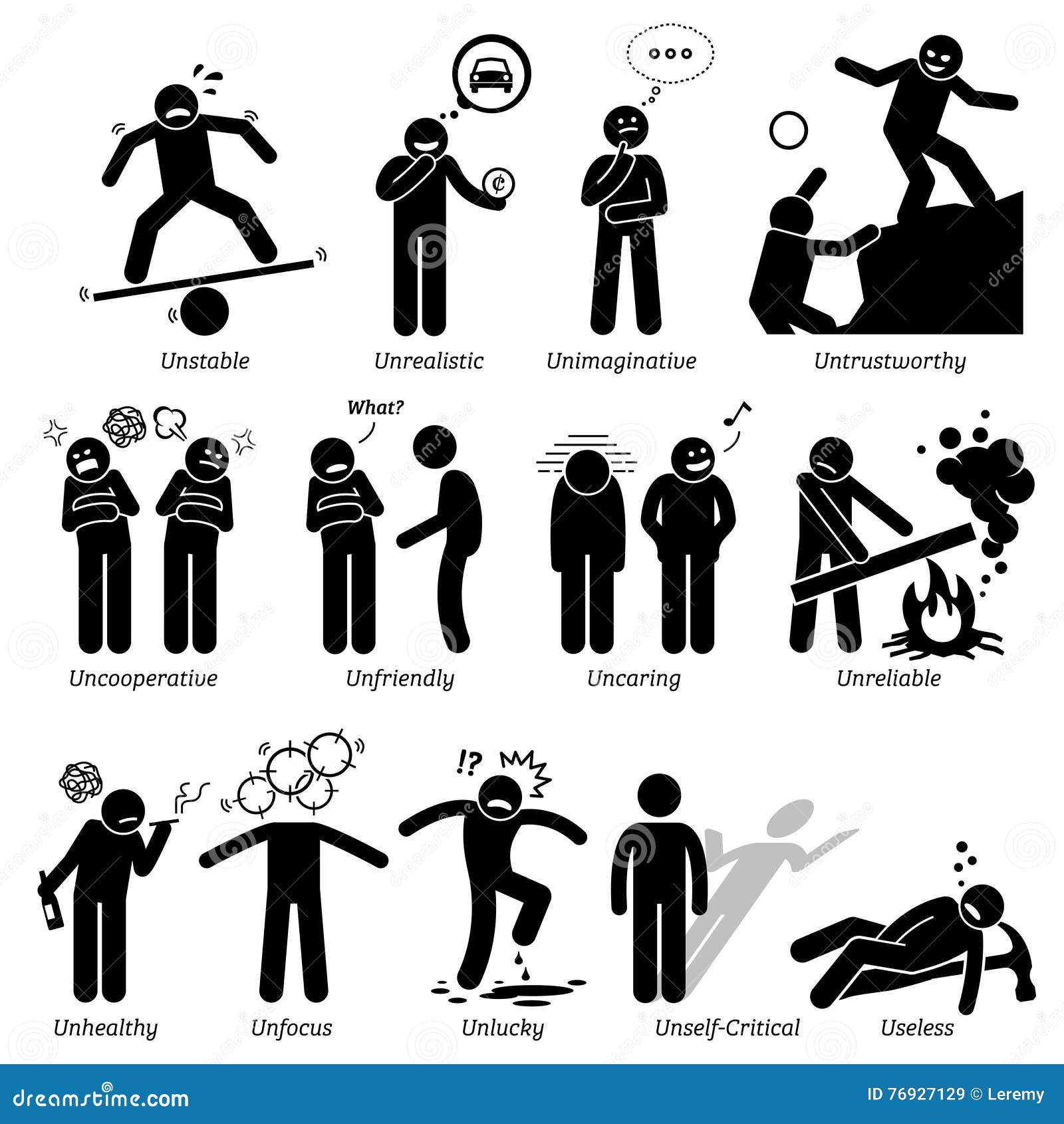

All of these seem to assume that it's definitely something we'd want to weed out of our lives.
#BAD TRAITS OF A PERSON HOW TO#
There are a lot of good resources about how to overcome shyness. Often, that anger means that we care deeply about something that we didn't previously know we cared about. This is especially true when anger surprises us. When we look at the things that make us angry, we can learn what is important to us.

When we tell our partners, friends, and relatives the truth about how their actions affect us, and when we genuinely want to find a solution that will work for everyone, expressing our anger often leads to solid changes that make our relationships stronger. If we are angry enough and we can channel that energy, we have a lot of power to put towards changing the things that made us angry in the first place.Īnger helps relationships because hiding anger means hiding the truth. When we feel angry, it's usually because something isn't going the way we think it should. It can provide motivation for change, it can actually help our relationships, and it can help us know ourselves better. AngerĪnger isn't necessarily wild, it doesn't just happen to people who are out of control, and it doesn't have to be a negative emotion. When we balance that with the ability to look ahead and avoid possible negative outcomes, we'll have the best of both possible worlds. It's still true that optimists have higher overall senses of well-being. We do not, however, have to be the bouncy, always-optimistic people that our culture seems to want us to be. To live long and be happy in our lives, we probably need a balance of optimism and this type of pessimism. Most experts think that this type of pessimism is protective because people are actually somewhat successful in identifying risks and avoiding them. This is mostly tied to defensive pessimism, in which people manage their anxiety by thinking through everything bad that could happen so that they can avoid those things. Pessimistic people tend to live longer and to be healthier for more of those years. So just because one or more of these words describes you doesn't necessarily mean that it's time to change. While there are legitimate reasons why these traits aren't universally desired, the truth is that each of these have positive aspects, too. (See also: 5 Ways Negativity Can Help You) Pessimistic people aren't happy, anger hurts relationships, shy people hide all their lives, jealousy keeps you focused outside your own life, frequent boredom means you don't have an active mind, and impatience indicates an uncaring attitude towards others. In fact, you hear generalizations that aren't flattering about all of these traits. These characteristics is usually seen as negative.


 0 kommentar(er)
0 kommentar(er)
